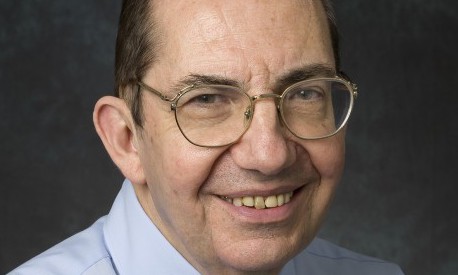We appear to have reached one of those extraordinary moments in history when people everywhere, communities and even entire nations, feel increasingly stressed and vulnerable.
The same may be said of the planet as a whole.
Whether intellectually or intuitively, many are asking the same question: Where are we heading?
How do we explain the long list of financial, environmental and humanitarian emergencies, epidemics, small and larger conflicts, genocides, war crimes, terrorist attacks and military interventions?
Why does the international community seem powerless to prevent any of this?
There is no simple or single answer to this conundrum, but two factors can shed much light.
The first involves a global power shift and the prospect of a new Cold War.
The second relates to globalisation and the crises generated by the sheer scale of cross-border flows.
Is a new Cold War in the making?
The geopolitical shift has resulted in a dangerous souring of America’s relations with Russia and China.
The dispute over Ukraine is the latest chapter in the rapidly deteriorating relationship between Washington and Moscow.
In what is essentially a civil war in which over 3,000 people have been killed, the two great powers have chosen to support opposing sides in the conflict by all means short of outright intervention.
The incorporation of Crimea into Russia, Moscow’s decision to use force in Georgia in 2008 and its support for the independence of the two breakaway regions of Abkhazia and South Ossetia are part of the same dynamic.
The conduct of Russian governments in the Putin era has been at times coercive and often clumsy at home and abroad.
But the United States has also much to answer for. For the last 25 years its foreign policy has been unashamedly triumphalist.
In his 1992 State of the Union address, President George Bush senior declared: “By the grace of God, America won the Cold War”. Continue reading
Source
- Joseph Camilleri in The Conversation
Joseph Camilleri OAM was the founding Director of the Centre for Dialogue, La Trobe University.
Additional readingNews category: Analysis and Comment.




